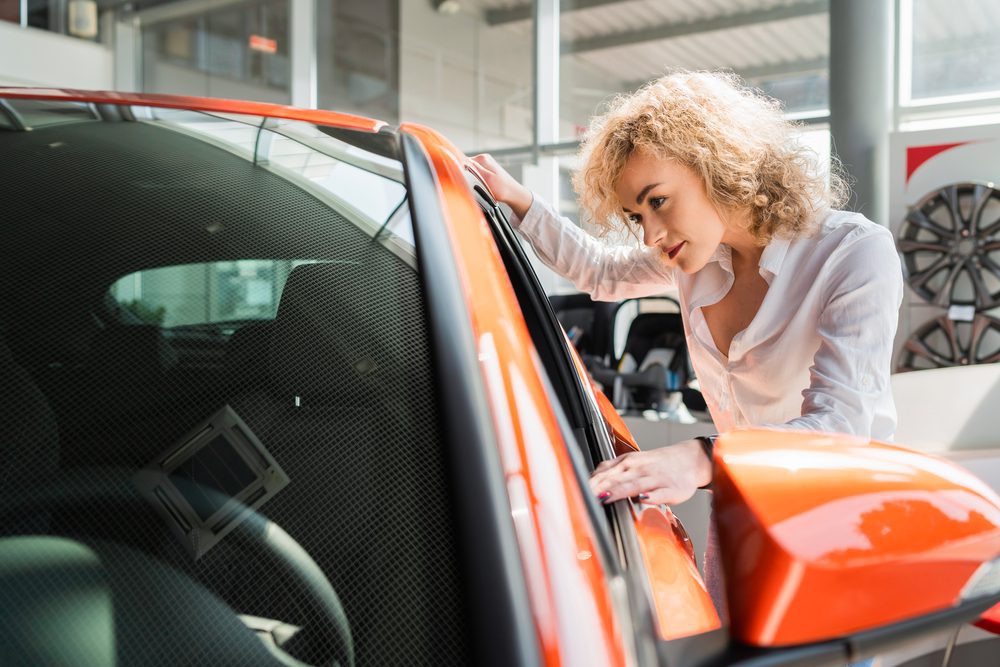As part of the American Rescue Plan Act, stimulus checks are being issued to eligible recipients by the Treasury Department and Bureau of the Fiscal Service. A new round of payments have been sent to 1.8 million recipients this week worth around $3.5 billion. Half have been issued via direct deposit while the others are to be delivered by the postal service.
This series of payments is focused on a segment of the American population that might be due additional funds also known as “plus-up” payments. These recipients might’ve recently filed their income tax returns or, in some cases, have filed for the first time in years and have other outstanding payments they’re eligible to receive.
Although it’s a tiny fraction of the total number of stimulus checks issued under the American Rescue Plan Act, it puts a substantial amount of money in the hands of people who actively participate in the economy. Of course, auto retail can expect to see a bump as these and other rounds of stimulus checks are issued.
Stimulus car buyers are real
Last year’s car sales recovered substantially due in part to the stimulus checks issued under the CARES Act. Prior to payments being released, Cox Automotive’s Chief Economist Jonathan Smoke said, “A high percentage of consumers said they planned to use the second stimulus payment towards the purchase of a vehicle. Some people are delaying the purchase until the stimulus package is passed.”
And purchase they did.
Dealers experienced a spike in car sales after each round of stimulus checks that were issued. A family of four would’ve received as much as $3,400 under the CARES Act. Roughly 8.9 million people indicated they planned to use the checks to buy a vehicle. The surprisingly quick recovery from stay-at-home orders and tight COVID restrictions saw dealer lots thinning out on new and used inventory, especially as new car incentives were extremely aggressive from manufacturers.
Legislative economist Greg Albrecht said in January, “For some reason, a pandemic is a good time to buy a car and people have been buying vehicles like crazy. I’m sure a lot of federal support money went to this.”
Under the Biden Administration’s plan, the same family of four would be eligible for $5,600, potentially making a car purchase even more enticing for those who didn’t buy one the first time around. Inventory has been decimated in both the new and pre-owned sectors, but buying intent remains strong for those receiving stimulus payments.
For dealers, the stimulus checks represent a potential down payment for car buyers. However, there can be opportunities to build trust with shoppers by offering other options for the money. For instance, a buyer with a $2,800 stimulus payment they intend to use as a down payment likely qualifies without the down payment at all. The salesperson or finance manager can offer possibilities like a $0 down low-rate financing option and suggesting the buyer use the cash in hand to outfit their vehicle with accessories, or to hold it for the first few months of payments.
Stimulus payments may be the free lead gen tool that drives more high-intent customers to the door, but it’s often not necessary to make the deal happen but rather bolster consumer confidence. Consider ways you can use it as a trust-building tool, even directing conversation away from payment or price and toward financial security.
But certainly, continue to be aware of potential shoppers spurred into motion by a check in the mail.
Did you enjoy this article from Jason Unrau? Read other articles on CBT News here. Please share your thoughts, comments, or questions regarding this topic by submitting a letter to the editor here, or connect with us at newsroom@cbtnews.com.
Be sure to follow us on Facebook and Twitter to stay up to date or catch-up on all of our podcasts on demand.
While you’re here, don’t forget to subscribe to our email newsletter for all the latest auto industry news from CBT News.










